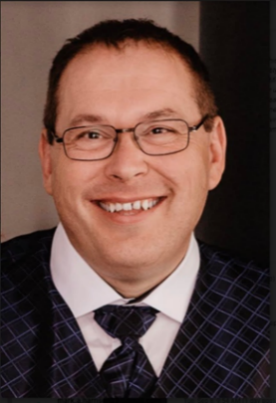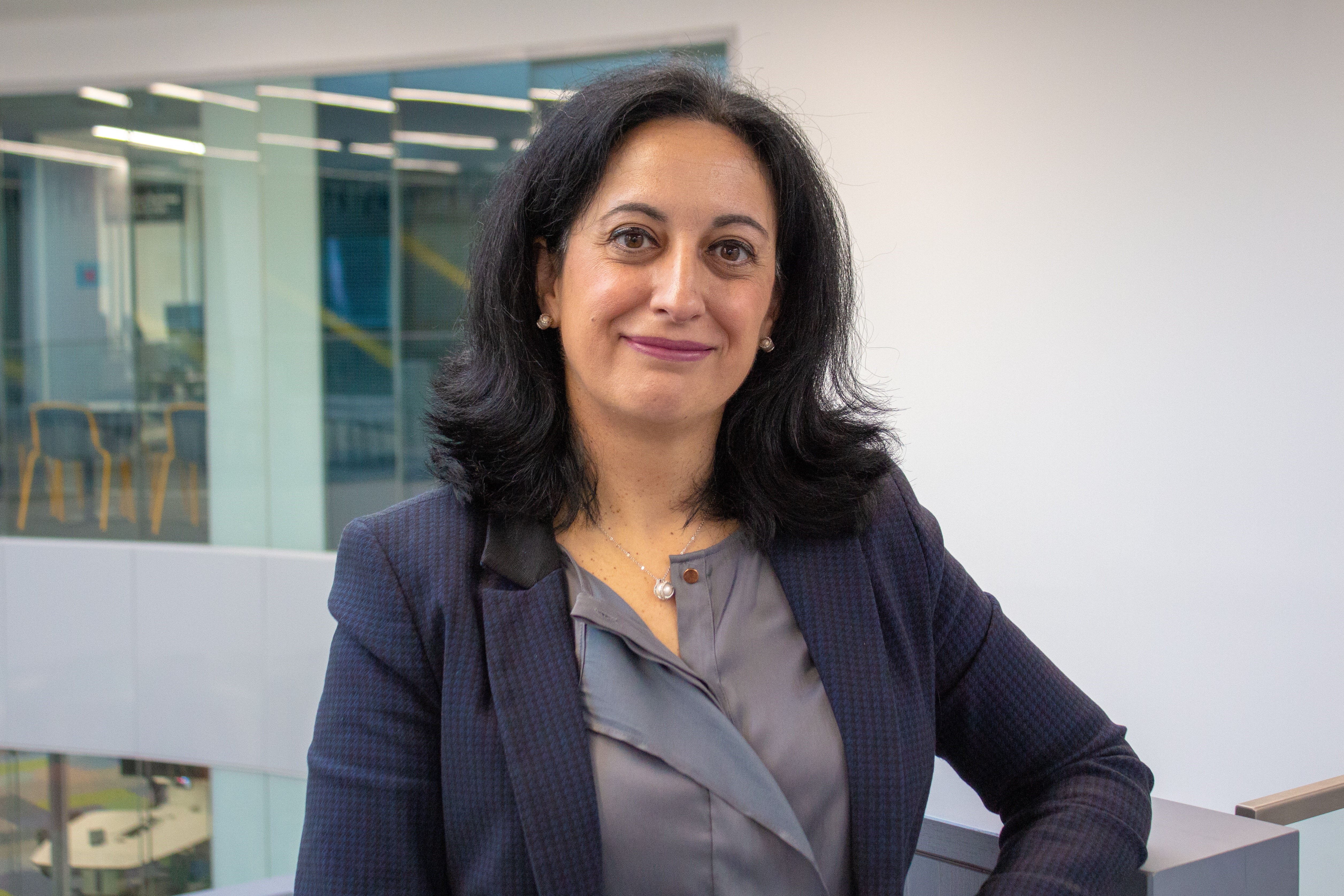29 October 2020
Future opportunities for CO2 - 2 of 3
Organised by:
SCI's Energy Group
Online Webinar: 13:00 - 15:00 GMT - Webinar 2 of 3
Registration Closed
This event is no longer available for registration.
Synopsis
In our series of three October/November 2020 webinars, “Decarbonisation and the chemistry of CO2”, of which this is the second of three, we will hear from industry and academic researchers who are exploring future CO2 capture, transport and storage techniques and scenarios; new and emerging CO2 capture and conditioning technologies; and the variety of opportunities being explored to utilise captured CO2.
The UK Government has mandated that by 2050, the UK will be carbon neutral. To meet this target, research by the Committee for Climate Change (CCC), the Energy Systems Catapult (ESC) and the Energy Technologies Institute for the SCI’s Energy Group has highlighted the importance of Carbon Capture, Utilisation and Storage (CCUS), in particular for addressing industrial emissions. Without CCUS, achieving net zero will be incredibly challenging, if not impossible.
The UK is very well placed to develop and exploit CCUS - Her Majesty’s Government wants the UK to become a global CCUS technology leader and to work internationally to bring about global CCUS cost reductions.
Understanding the chemistry of CO2 is vital if we are to develop the processes at scale for CO2 capture and conditioning, alongside opportunities to use CO2 as a resource to produce a wide variety of chemicals including fertilisers, materials and fuels. These uses include more straightforward, but transient technologies, such as the use of captured CO2 in carbonated drinks and glasshouses, through to more complex options to ‘lock-in’ CO2 via the manufacture of products such as acetic acid, fertilisers and fuels, and new materials such as polymers and CO2 cured cement.Attendees
- Academics looking to hear about the latest developments.
- Business leaders looking to find out what CCUS means, what the opportunities might be to use or sell their own CO2 or to find new ways to make new products.
- Early career researchers looking to widen their scope of knowledge around their core CCUS studies.
Chair
Dr Maryam Bayati, SCI / Northumbria University
Dr Bayati is a senior lecturer in Materials Engineering, nanotechnology, energy and environment at Northumbria University. She possesses several years' work experience both in academia and industry and was awarded a PhD from the University of Liverpool, under the supervision of Professor David Schiffrin in “Electrocatalysis by Nanomaterials in Fuel Cells”. Dr Bayati was recipient of some awards including CKIP grant from Sheffield Hallam University in 2019 and a full scholarship toward PhD. She has published one patent and 20+ papers in several high-impact factor international journals as a first and corresponding author. In addition, she filed a patent application in collaboration with Alkaline Fuel Cell Energy Company. Her research results were delivered at 27 national and international conferences including invited and keynote talks in France, Germany, Spain, China, India and Japan and was elected as SCI Membership and Energy Committees in 2016 and 17 respectively. Over more than 15 years of experience working on different fields of Materials Science and Engineering, she has successfully participated into completion of two EPSRC, two FP7 (the seventh framework programme for research and technological development) and two Innovate UK projects.
Speakers
Andy Walker
Johnson Matthey
Andy is Johnson Matthey’s Technical Marketing Director; within this role he analyses and assesses the regulatory, market and technology drivers for the evolution of the automotive powertrain towards electrification (covering both batteries and fuel cell systems). He also focuses on the clean energy transition and its implications, both for transport and beyond, including driving the use of clean hydrogen as a key enabler across different sectors.
Andy is the author/co-author of over 80 publications, and in 2006 was awarded the Lloyd L Withrow Distinguished Speaker Award by the Society of Automotive Engineers (SAE). In 2011 he was elected SAE Fellow.

Dr Ing Rico Kanefke
Suez
Geschäftsführer / Managing Director SUEZ Sonderabfallgesellschaft mbH. Director Industrial Waste Specialities - Chemicals Germany
Dr Mim Rahimi
Massachusetts Institute of Technology (MIT)
Dr. Mohammad (Mim) Rahimi is a postdoctoral associate at the Department of Chemical Engineering at Massachusetts Institute of Technology (MIT). He conducts research on developing various electrochemical processes for carbon capture and utilization. Dr. Rahimi obtained his Ph.D. in chemical engineering from The Pennsylvania State University in 2017.
Dr. Rahimi authored and co-authored more than 15 peer-reviewed articles and served as a reviewer for more than 25 scientific journals. He also served as a guest editor for several journals including a Special Issue on “New Frontiers in Carbon Capture, Utilization, and Storage (CCUS)” for Sustainability journal.

Prof Mercedes Maroto Valer
Herriot Watt University/IDRIC
Professor Maroto-Valer (FRSE, FIChemE, FRSC, FRSA, FEI) is leading the development of the UK Industrial Decarbonisation Research and Innovation Centre (IDRIC). She is also Associate Principal (Global Sustainability) and Director of the Research Centre for Carbon Solutions (RCCS) at Heriot-Watt University.
Mercedes has held academic appointments at the University of Kentucky (1997-1998), Pennsylvania State University (1998-2004), University of Nottingham (2005-2012) and Heriot-Watt University (2012-now). Mercedes obtained her PhD in 1997 at the University of Strathclyde (Scotland). Following a one-year postdoctoral fellowship at the Centre for Applied Energy Research (CAER) at the University of Kentucky in US, she moved to the Pennsylvania State University in US, where she worked as Research Fellow and from 2001 as Assistant Professor and became Program Coordinator for Sustainable Energy. She joined the University of Nottingham as Reader in 2005 and within 3 years she was promoted to Professor in Energy Technologies. During her time at Nottingham she was the Head of the Energy and Sustainability Research Division at the Faculty of Engineering. She joined Heriot-Watt University in 2012 as the first Robert Buchan Chair in Sustainable Engineering and she has been Director of the cross-university Energy Academy and Head of the Institute of Mechanical, Process and Energy Engineering. Her internationally recognised track record covers energy systems, CCUS, integration of hydrogen technologies, and low carbon fuels.
In addition, she has over 520 publications, including editor of 4 books and 25% of her publications are in top 10% most cited worldwide.
Programme
Summaries of presentations are shown in the Appendix here.
- -
-
Introduction to the Webinar
Dr Maryam Bayati, SCI / Northumbria University, Webinar Chair - -
- Update on the IDRIC work programme
Prof Mercedes Maroto-Valer, Herriot Watt University/IDRIC - -
- Pure CO2 through the application of flameless combustion; Saxony-Anhalt case study
Dr - Ing Rico Kanefke, Suez - -
- New frontiers for Electrochemistry in Addressing Climate Change: Carbon capture and storage
Dr Mim Rahimi, Massachusetts Institute of Technology (MIT) - -
- The Role of Hydrogen in Global Decarbonisation, and its Direct and Indirect Links to CO2
Andy Walker, Johnson Matthey - -
- Q&A session
Booking Process/Deadlines
Call for Posters
Contributions are invited from early stage researchers and PhD students working in all areas of CCUS to present their poster at this one-day conference. Posters should be submitted (in PDF format) to conferences@soci.org by Tuesday 27 October 2020 with the subject line “CCUS conference - poster submission” Topics may be results, reviews or plans and may have already been presented elsewhere. The best three posters will receive a prize and be invited to present their poster (5 minutes) during the 5 November 2020 webinar.
The following criteria will be used to evaluate the posters:
- Within scope: Related to the conference subject area, i.e. CCUS
- Connection with Industry: The ability of the poster to show how it is related to industry (contextualisation of the work and composing it to attract the interest of SCI members from academia and industrial sections). This is one of the crucial selection criteria.
- Ability to Stand Alone: The ability of the poster to stand alone as a clear communication of the work.
- Balance: A balance of text, figures, and space with figures dominantly playing a role.
- Overall Visual Appeal: The ability to use colour and font to make the poster appealing.
- Legibility: The poster should be clear (text and figures) and easy to read with sharp detail on the figures and not a busy and distracting background.
- Quality of Graphics: The ability of the poster in representing the key concepts diagrammatically with clear label and clear legends.
- Conciseness: The poster should be technically well written in a way that the audiences grasp the concept very quickly.
- Flow: The ability of the poster to have logical sequence in a way reader can navigate easily.
- Accuracy and Relevance of Information Presented: The poster content should be accurate free from errors.
- Grammar/Spelling: Posters should be free from grammar and spelling mistakes.
- Attributions: The ability of the poster to acknowledge the rest of their team member (if any) and references to the literature.
Organising Committee
- Maryam Bayati, SCI/ Northumbria University
- Reace Edwards, SCI/ University of Chester
- Geraint Evans, SCI/ Beacontech Ltd
- Mark Harrison, SCI/ Chair, SCI Energy Group
- Patrick Kitt, SCI/ eContracting Limited
Conference Team
Tel: +44 (0)20 7598 1561
Email: conferences@soci.org




